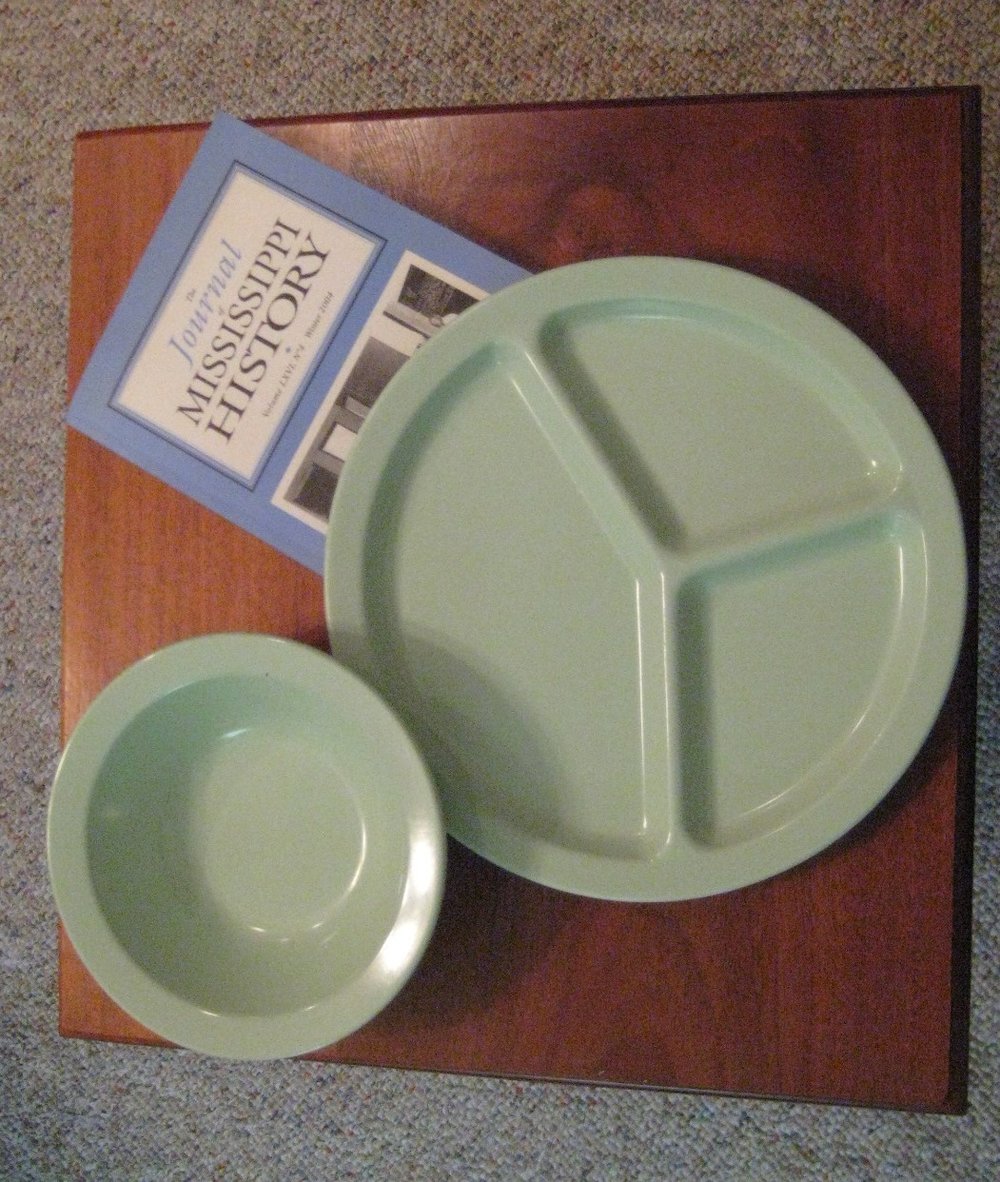
A similar instance came when I was reading middle grade and young adult books along with my friend who was on the Newbery Committee. She had asked me to give her my opinions about the books I read. You can guess how little effort it took to talk me into that project! One of the books had two “nice” girls in the 50s who swore like sailors regularly in front of the mother with no reaction on her part. Wrong again – not in the 1950s! One swear word, especially from a girl, in a mother’s earshot would have called for major mouth washing with a bar of Dial soap.
I read a historical novel with a conversation between a Southern Captain and a Yankee Colonel after the Civil War. I thought I’d missed something when the captain used, “y’all” as a form of address. I traced back several pages to find the other people in the discussion. Not there. The author should have let a Southerner read her text! It took me back to my school days when a couple of boys had this huge argument with our English teacher that “you” being both singular and plural would never work. They insisted that “y’all” made a perfect plural for “you” and should be used in the entire English-speaking world. [On another issue, be sure to note where the apostrophe is. My daughter becomes Anna-gone-Bananas when she sees it spelled “ya’ll.”]
The trouble with being so picky is that I’ve lost a very good line from my as-yet-unpublished middle grade novel set in 1946. As Jimmy shows the new preacher’s daughter the school and points out the cafeteria, he says, “They cook the food with a lot of fatback and not much imagination.” I was thrilled, as
Wonder what kind of story I could write that is set after 1947? I hate to toss such a good sentence.